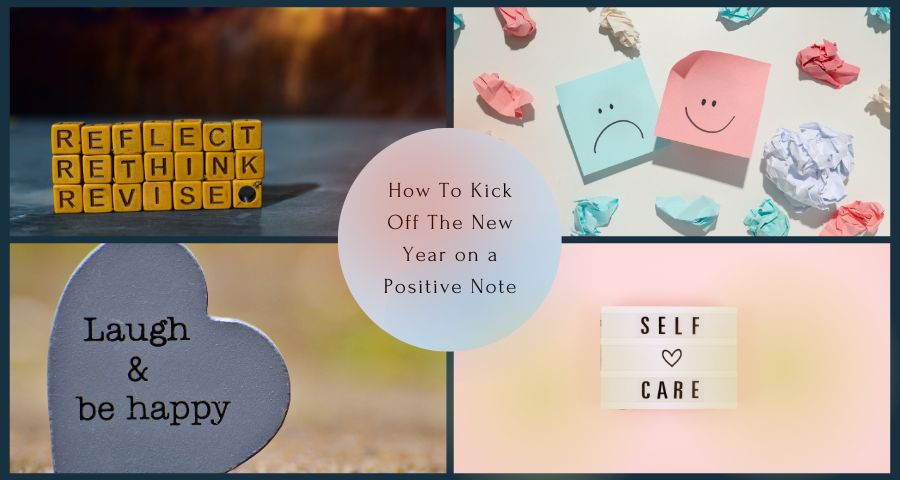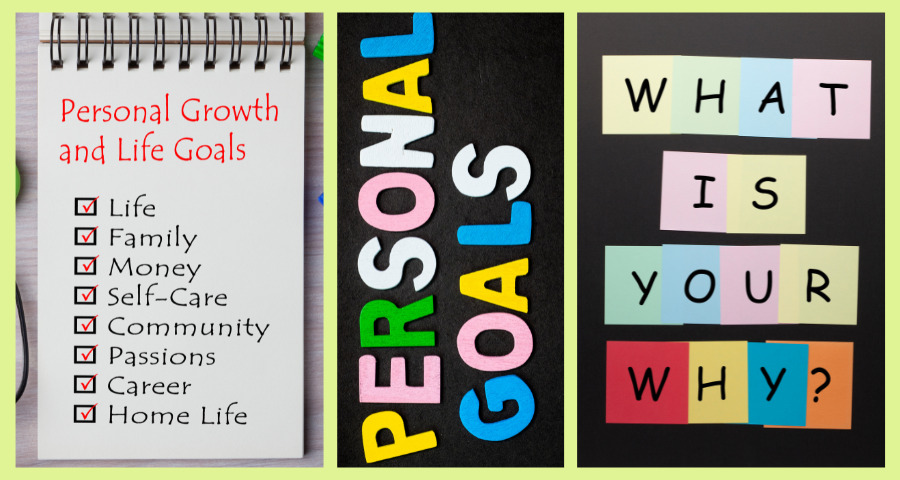There are many health benefits linked to meditation for overall well-being. From physical to mental and psychological benefits. Do you want to start meditating, but you don’t know where to begin?
Here is a comprehensive guide to meditation for beginners, written to be accessible, encouraging, and practical.
Continue reading “Meditation For Beginners: 5 Tips for Building a Consistent Practice”















